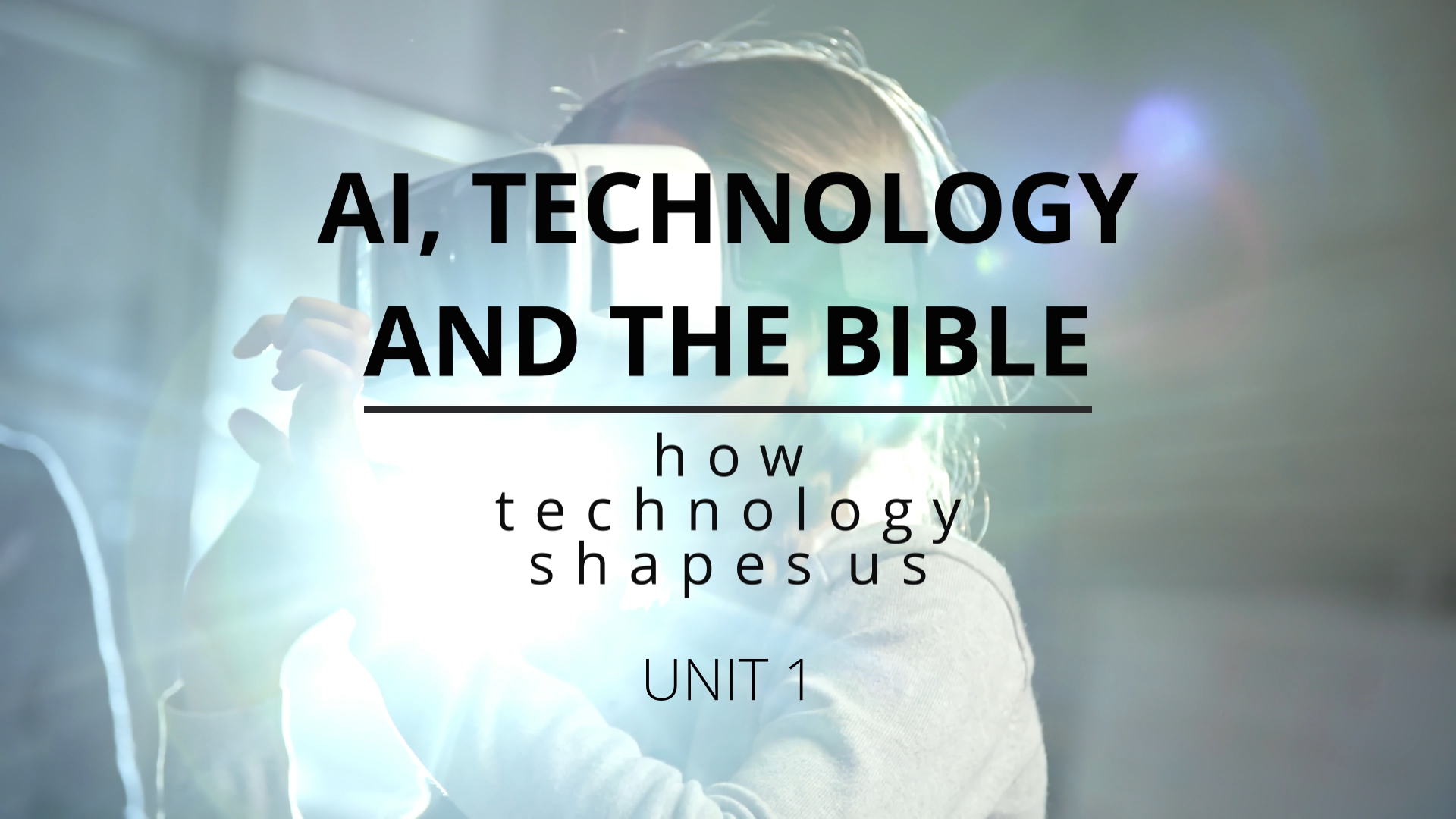
UNIT 1 - AI, Technology and the Bible
AI applications pervade most of our lives in one way or another – yet they are having a profound impact on many aspects of what it means to be a human being, made in God’s image. We have become seduced by enlightenment idea of progress, embracing AI apps for convenience yet diminishing our ability to be faithful image bearers. The course will set a foundation for what being made in God’s image means and examine 6 ways in which our ability to mirror that image are being impacted by these AI applications.
In this unit we will explain, in layman’s terms, what AI is and how, whilst it can benefit us, it can also be used manipulatively. We’ll discover what the bible has to say about technology and why it isn’t neutral.
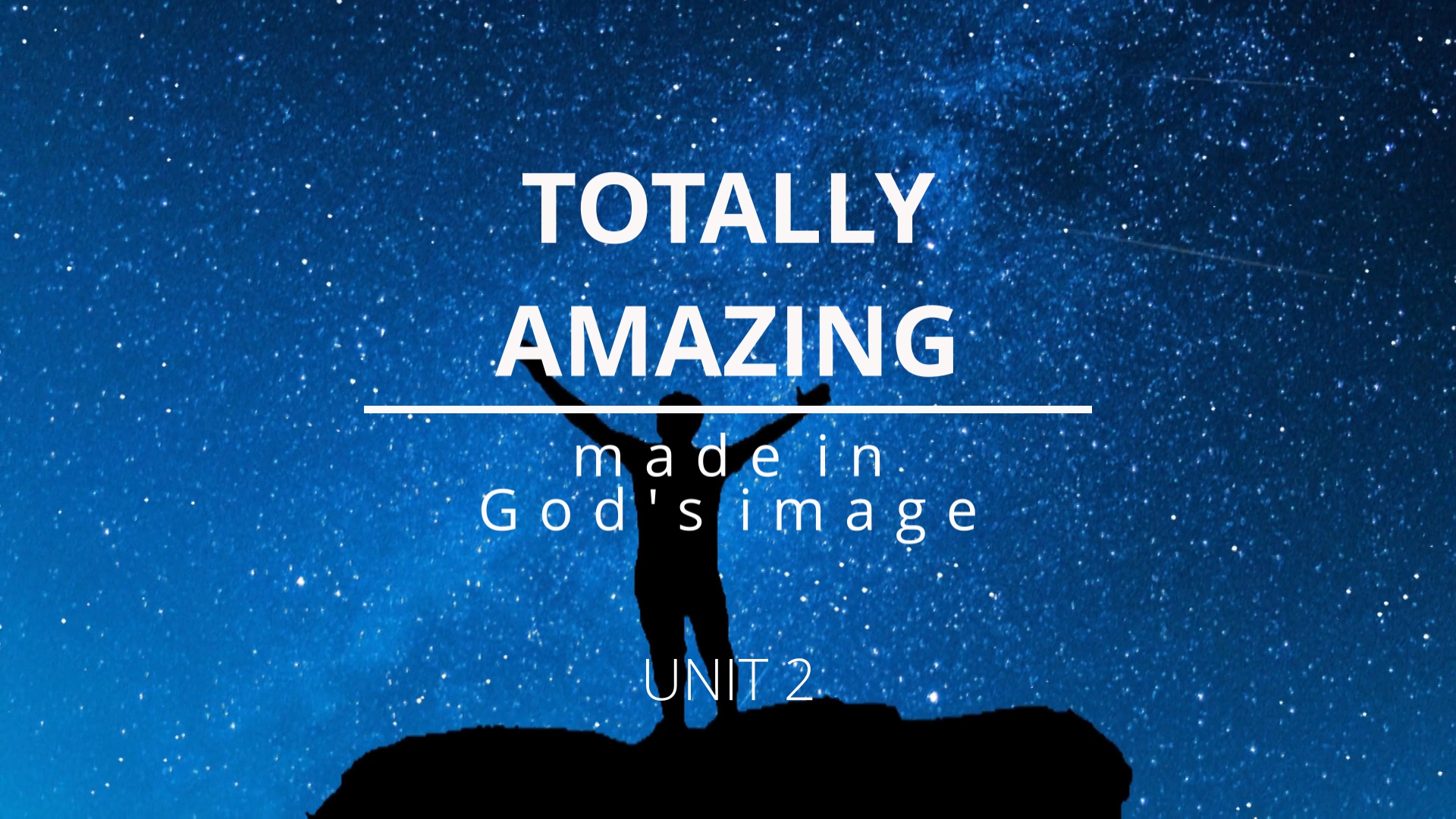
UNIT 2 - Totally Amazing!
In this unit we lay a biblical foundation for how we should think about ourselves as human beings, sometimes called a Christian anthropology.
This will help us to understand what areas of our image bearing might be under threat and what we need to do to protect our ability to be faithful image bearers and be masters, rather than slaves to AI applications.
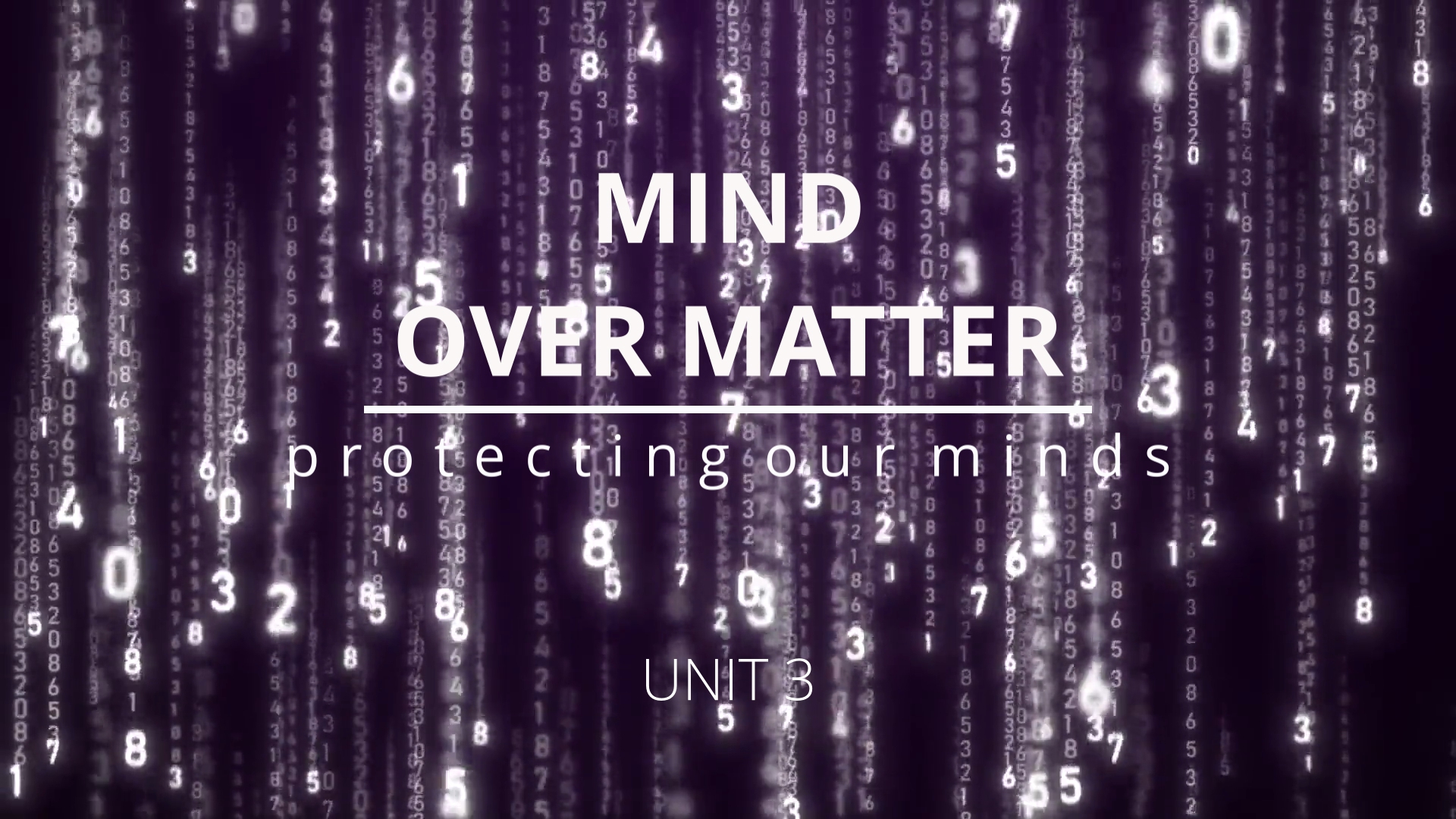
UNIT 3 - Mind over Matter
In this unit we look at what it means to have a soul and consciousness, and how this differs from AI. We consider how our beliefs about the soul and consciousness impacts what people think could be developed in the future.
We begin our journey exploring the 6 different ways that AI applications diminish what it means to be a human being, by considering what might be lost in our humanness by having AI learn our skills.
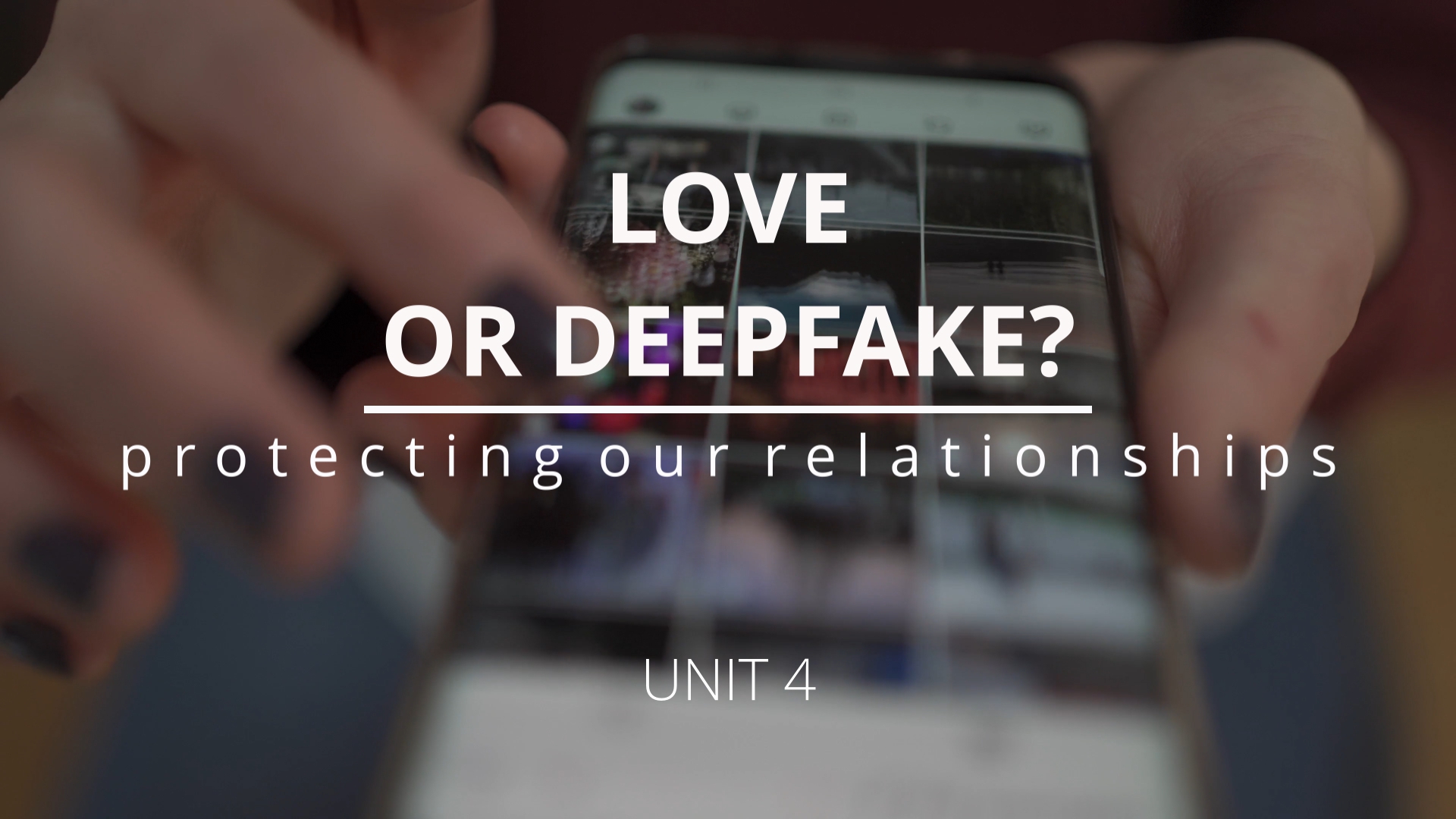
UNIT 4 - Love or Deepfake?
This unit looks at how our interaction with AI applications like social media, digital assistants and human-like sex robots as well as robot toys for children, impacts both our view and development of authentic relationships with others. We’ll see how this can tarnish our ability to faithfully mirror God’s image in us.
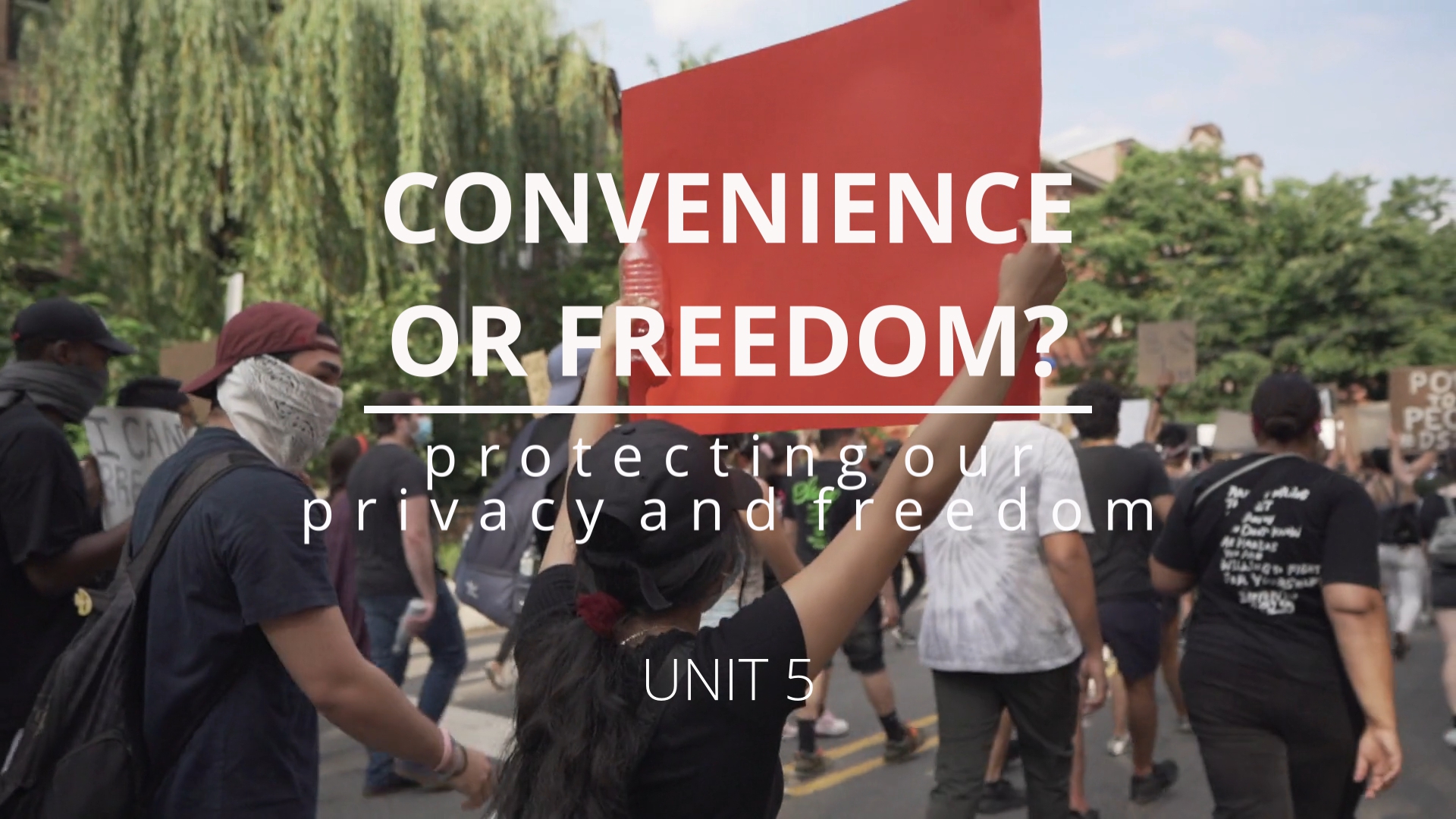
UNIT 5 - Convenience or Freedom?
In this unit we discover what the bible teaches about freedom and privacy. In the light of that we’ll explore whether the convenience that some applications – like surveillance using facial recognition, smart cities and social media with their use of our personal data and manipulative algorithms – results in losing our freedom and privacy. We’ll consider whether that matters, and if we are giving up too much for the sake of convenience – once more diminishing aspects of God’s image in us and our ability to reflect them.
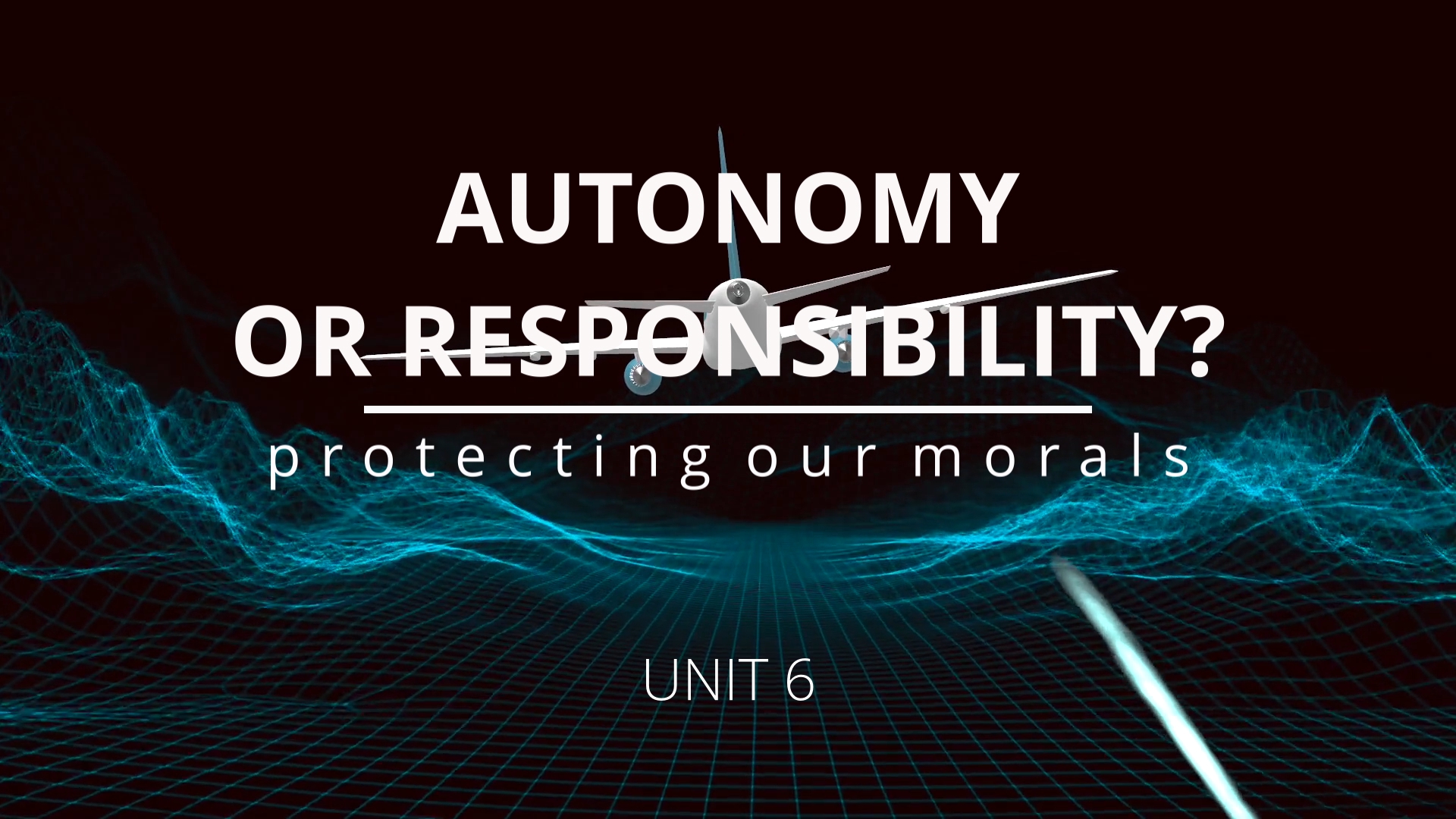
UNIT 6 - Autonomy or Responsibility?
Robot vacuum cleaners and lawn mowers are able to navigate themselves around your house or lawn, offering the prospect of automating chores that once had to be done by people. They still have limited capabilities and are unlikely to do much damage.
But what about autonomous weapons without a human in the loop or self-drive vehicles that take over the driving, even in life threatening situations? Should we hand over moral agency to a machine?
In this unit we consider decision making and the concept of moral agency, and discover how this is an important aspect of what it means to be made in God’s image. We look at how humans respond when faced with moral dilemmas, exemplified in MIT’s Moral Machine experiment. In the light of this we evaluate the impact on God’s image in us of delegating moral decision making to machines – like vehicles or lethal weapons.
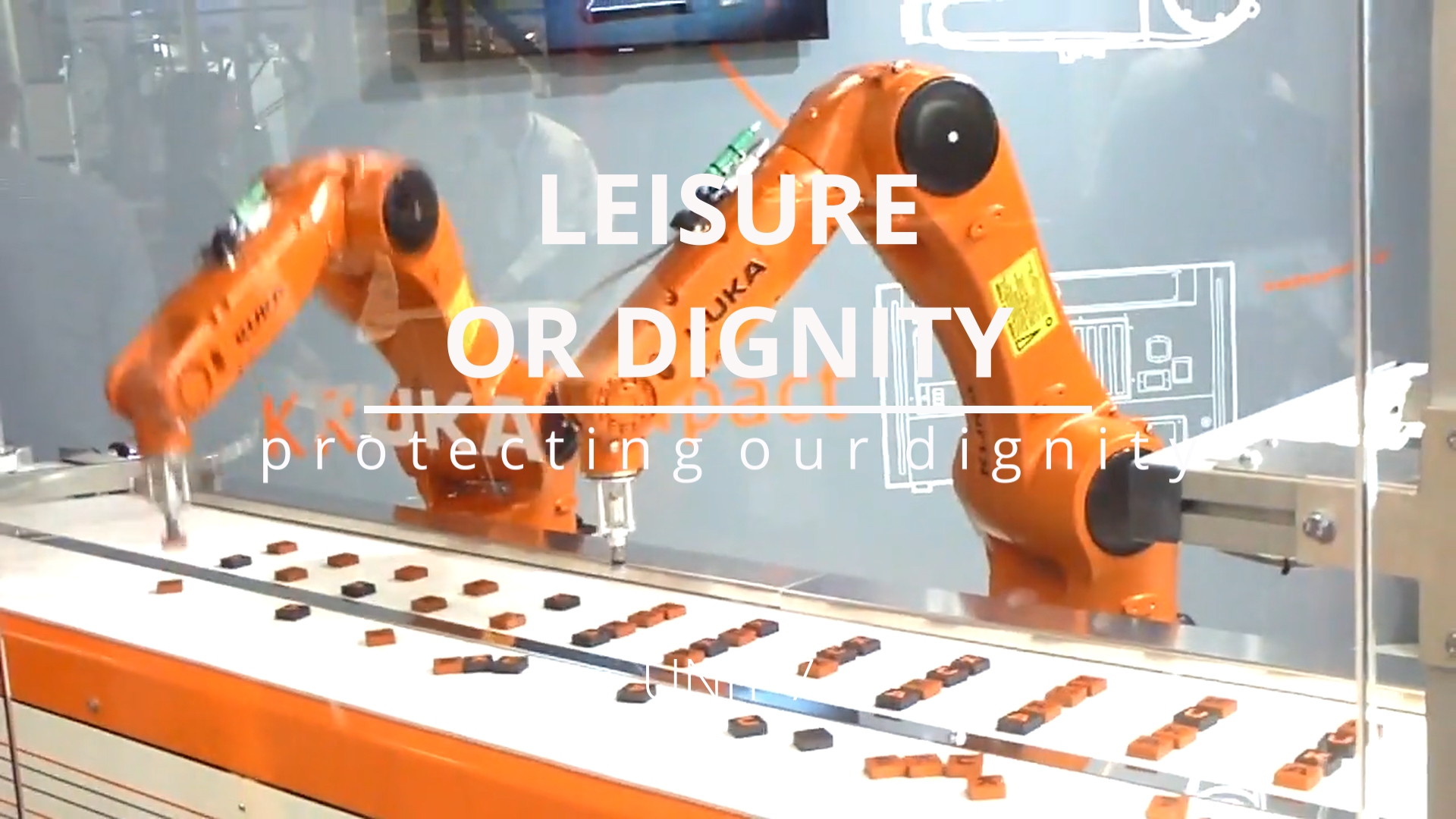
UNIT 7 - Leisure or Dignity?
Software AI applications, such as medical image analysis, are easy to replicate and transfer around the globe. Almost all business and industries are using some form of AI to replace tasks that humans once did, from credit checking to bail applications and interviewing to drug discovery.
Although analysists are divided on how many jobs will be lost, McKinsey estimate that it could be between 75 and 350 million by 2030.
This unit considers the threat to jobs from AI, both to blue-collar and white-collar workers.
This study considers the threat to jobs from AI, both to blue-collar and white-collar workers. It looks at what the bible teaches about work and leisure as part of God’s natural order and the consequences of people losing the dignity of having a job.
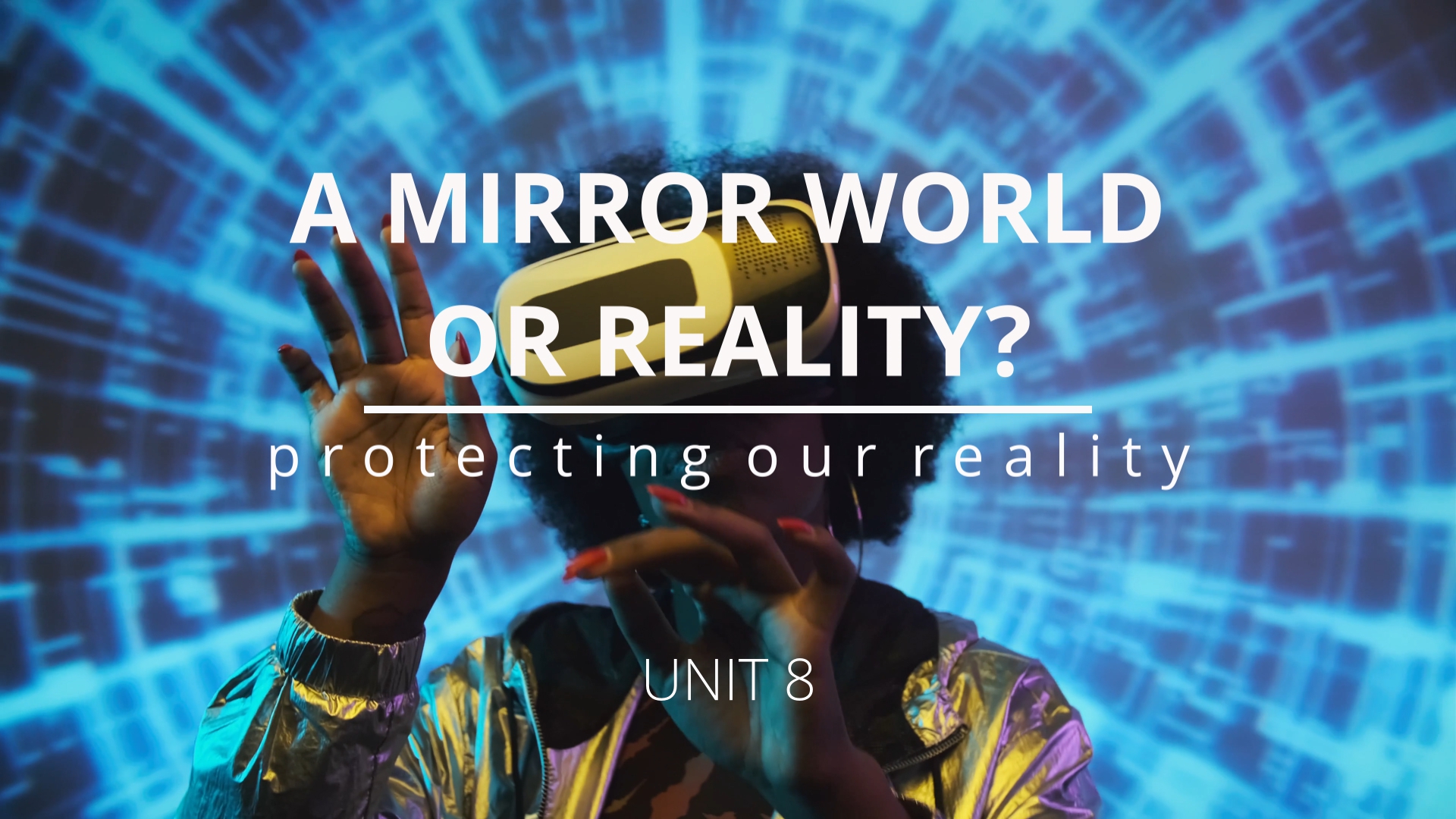
UNIT 8 - Mirror World or Reality?
In this unit, we examine the potential dangers that virtual and augmented reality systems might pose to our ability to mirror God’s image, both in entertainment and professional use. We consider the bibles teaching on idolatry and consider when it might apply to these and other AI applications we have explored in this series.
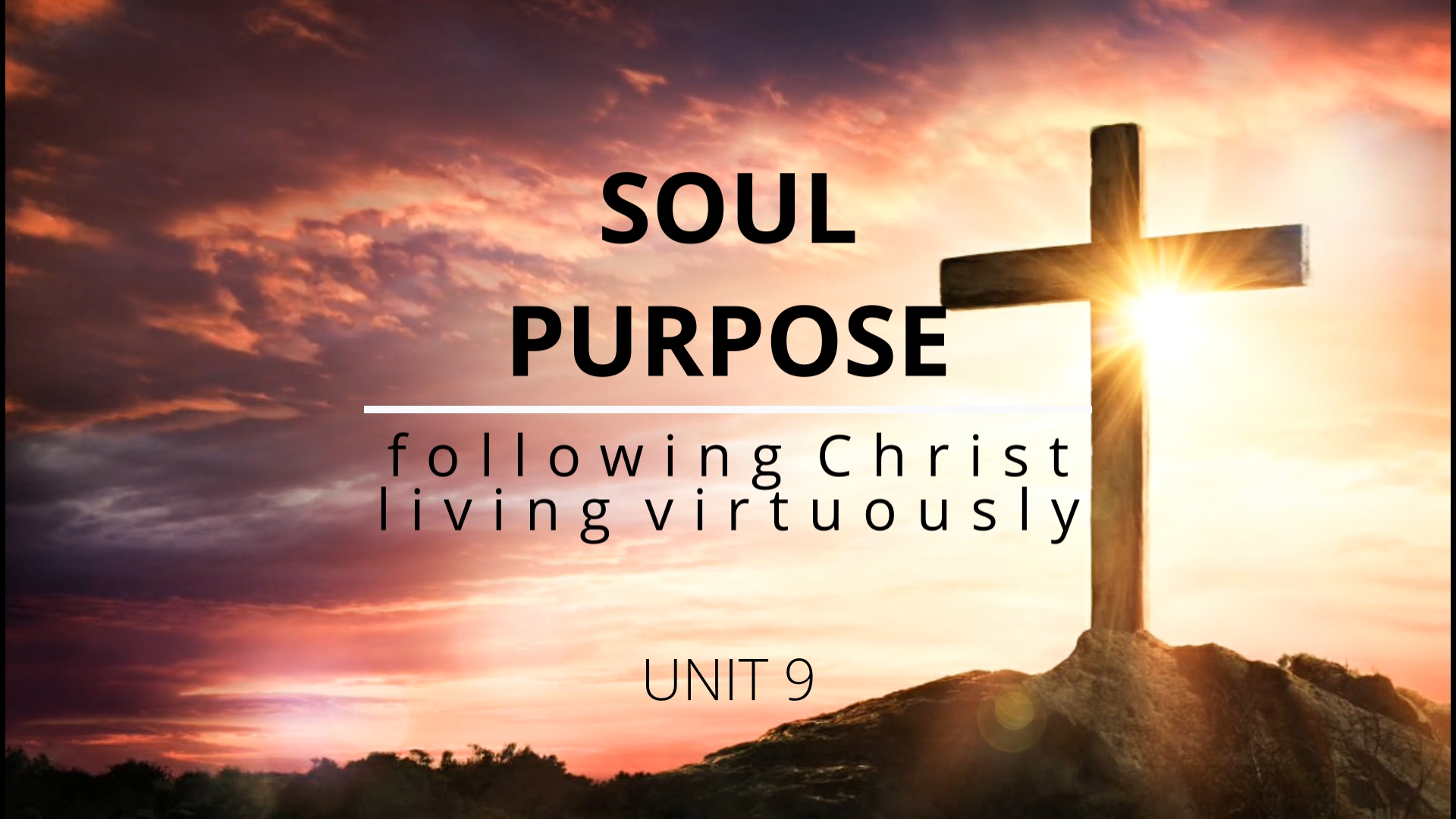
UNIT 9 - Soul Purpose
Whilst AI can bring benefits to humanity, it is shaping us and alienating us from our real humanness. The more humanlike and convenient AI applications become, the more it erases the distinction between online and offline. Many applications can act like a digital priesthood, coming between us and what is real. It creates and illusion of control of our lives and our digital world.
Yet the evidence is mounting that it is having a profound effect on our souls, controlling us and leading us into captivity to artefacts that we have made.
In the final unit of this course, we argue that we need to reclaim our souls and be in control of the artefacts that we have made, in order to be faithful image bearers. We illustrate the spectrum of risk that AI applications represent to our image bearing and propose that we evaluate our response to those risks in a virtues framework – especially when there are moral dilemmas.